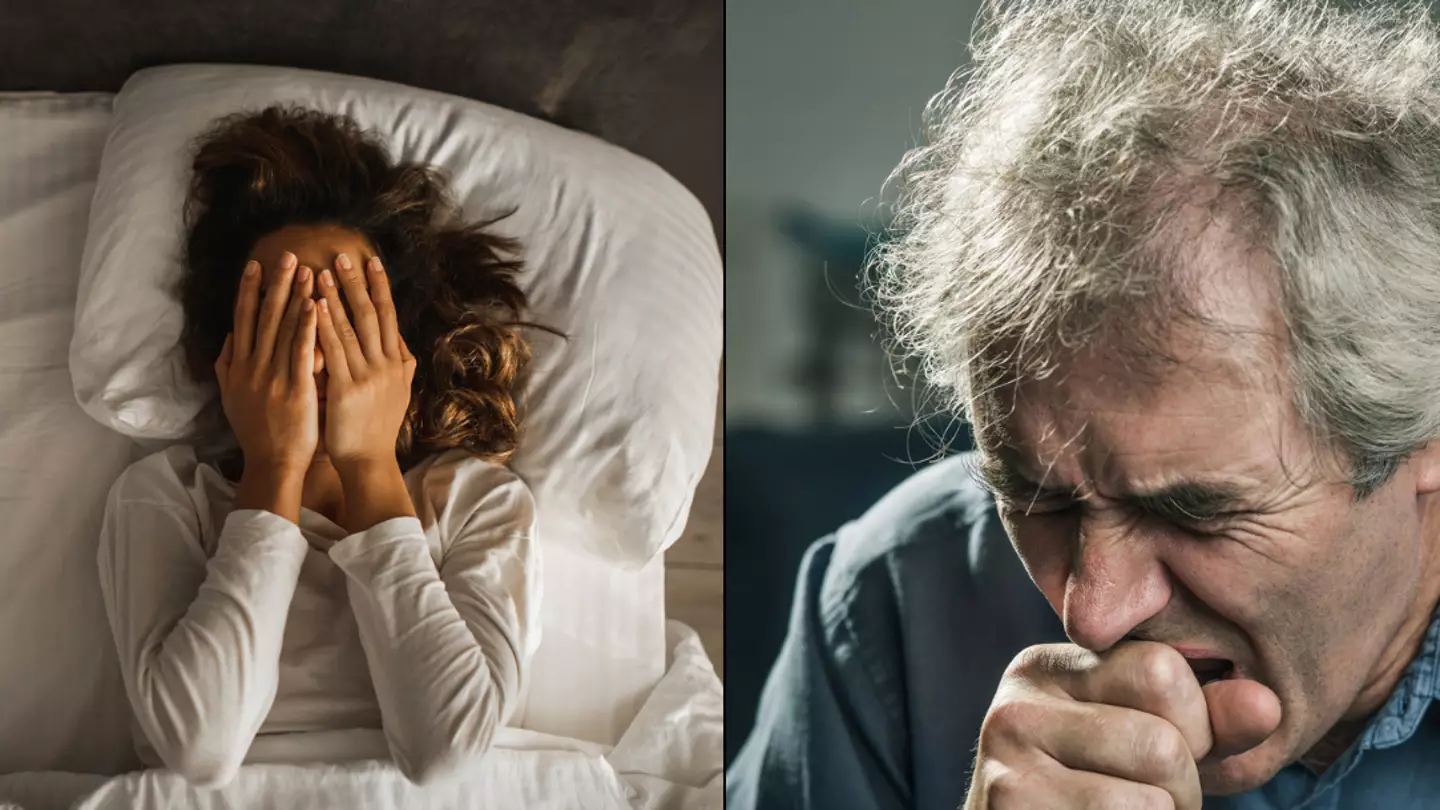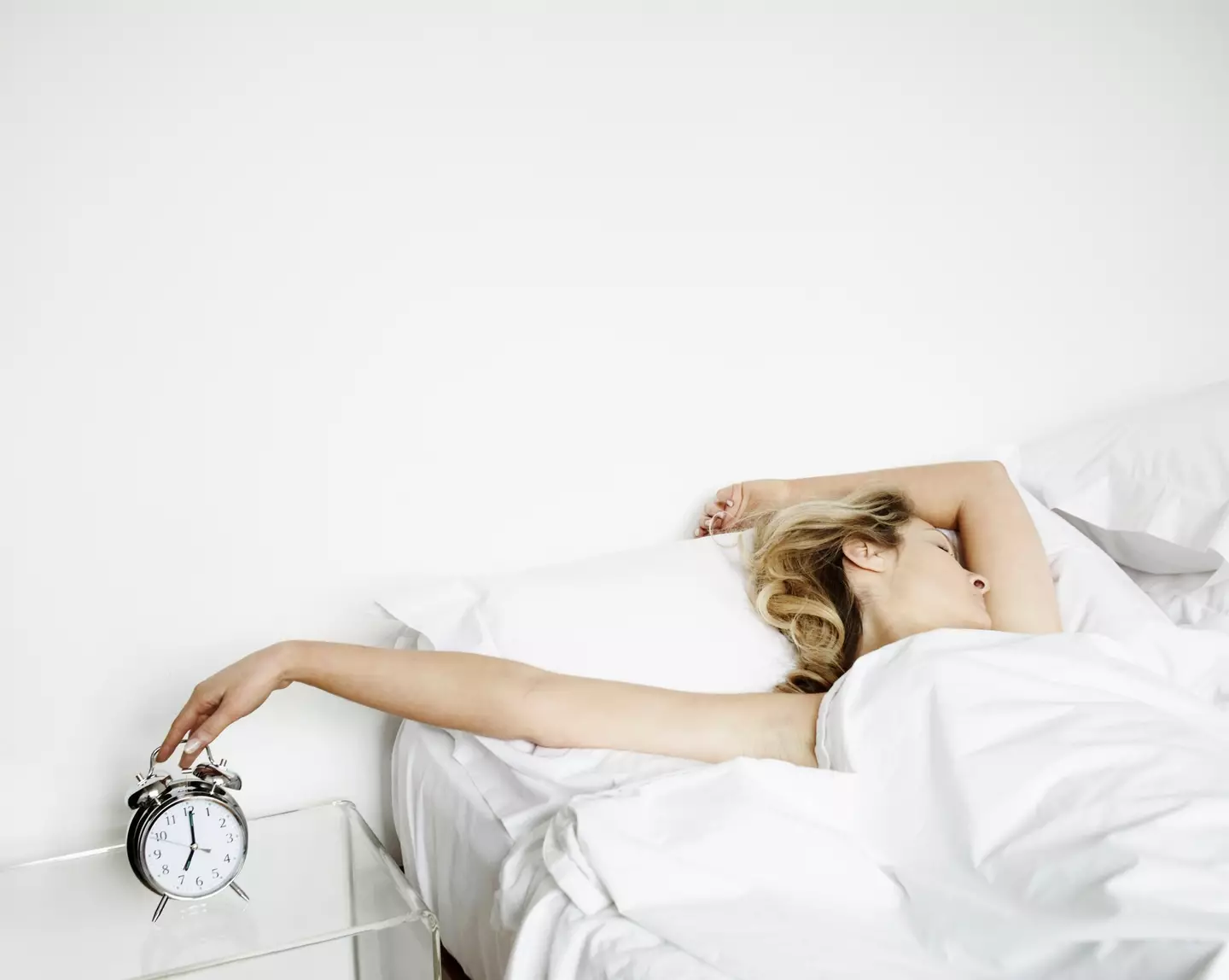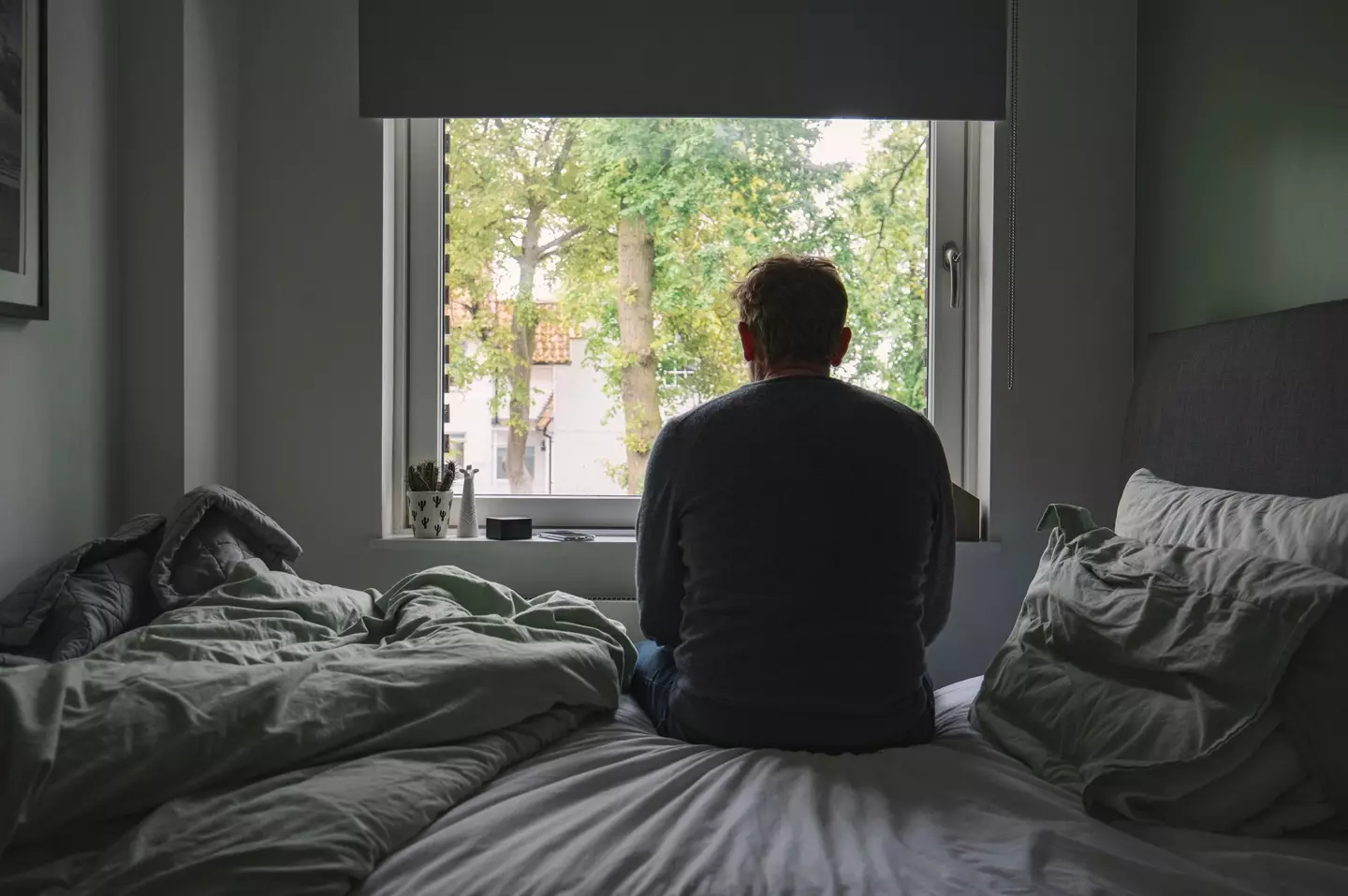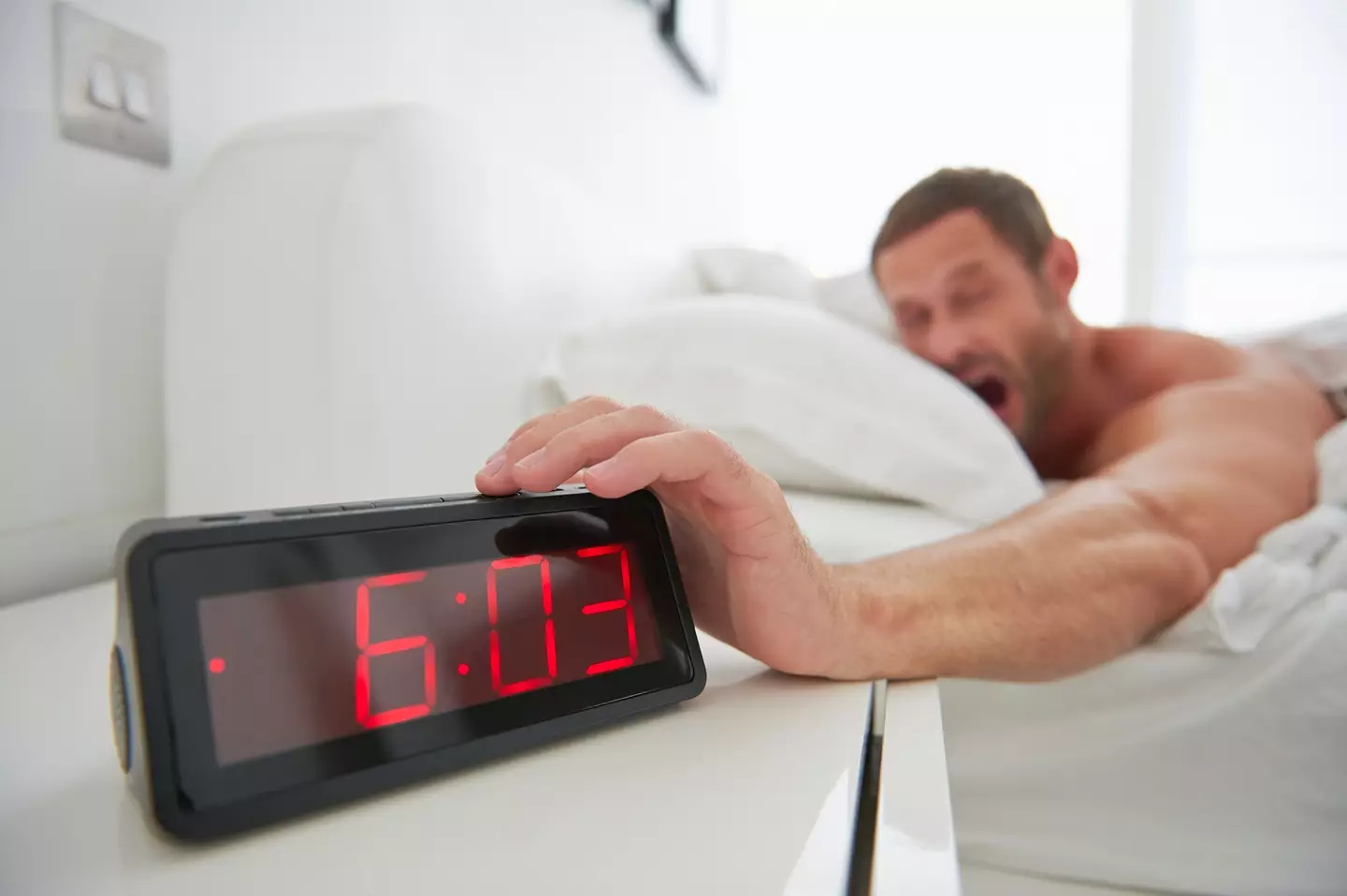
Many of us are guilty of not getting a good night's sleep.
The age old saying 'make sure you get your eight hours' often rings through our heads when it's 1am and you've got to be up for work at 6am.
However, it seems that a new study has taken a closer look at how under-sleeping or oversleeping can affect your health.

Advert
Danish researchers have recently analysed the sleep patterns of 400 people who had been diagnosed with Type 2 diabetes.
Those with Type 2 diabetes tend to suffer from a high level of sugar (glucose) in the blood, causing symptoms like excessive thirst, needing to pee a lot and tiredness.
Though many people have no symptoms, as Diabetes UK says that 4.4 million Brits are currently diabetic.
Now, the selected sample group were suffering from microvascular damage, which, researchers say can lead to blindness and kidney failure.
And the study found that 12 percent of the sample were not getting enough sleep, while 28 percent were sleeping too much.
What the researchers are saying
Researchers note that between seven and nine hours of sleep is optimal and that a lack of sleep, or too much time in bed, can lead to an increased chance of developing health problems later down the line.
Advert
It was concluded that oversleeping can lead to a 31 percent increase in microvascular damage for someone with diabetes, and not getting enough sleep can cause a 38 percent increase in damage.

The researchers wrote: “In recently diagnosed Type 2 diabetes patients, both short and long sleep durations are associated with a higher prevalence of microvascular disease compared to optimal sleep duration at night.
“Age amplifies the association between short sleep duration and microvascular disease, suggesting increased vulnerability among older individuals.
“Lifestyle changes in patients with type 2 diabetes may include sleep interventions.
Advert
“However, further studies are needed to establish the role of sleep duration and quality in these patients.”
The team are set to present their findings at the Annual Meeting of the European Association for the Study of Diabetes (EASD) in Madrid.
Even for those without diabetes, it turns out that over-sleeping and under-sleeping can be a sign of having a chronic disease, according to the Sleep Foundation.

Possible health conditions which can lead to oversleeping:
- Sleep disorders, including sleep apnea, insomnia, and narcolepsy
- Depression and anxiety
- Obesity
- Cardiovascular disease
- Diabetes
- Chronic pain
- Hypothyroidism
Possible health conditions that could stop you from getting enough sleep:
- Increased risk of Type 2 diabetes
- Hormonal imbalances affecting appetite regulation
- Higher risk of obesity
- Increased likelihood of heart disease
- Weakened immune system
- Higher risk of depression and anxiety
- Cognitive impairments like memory and attention issues